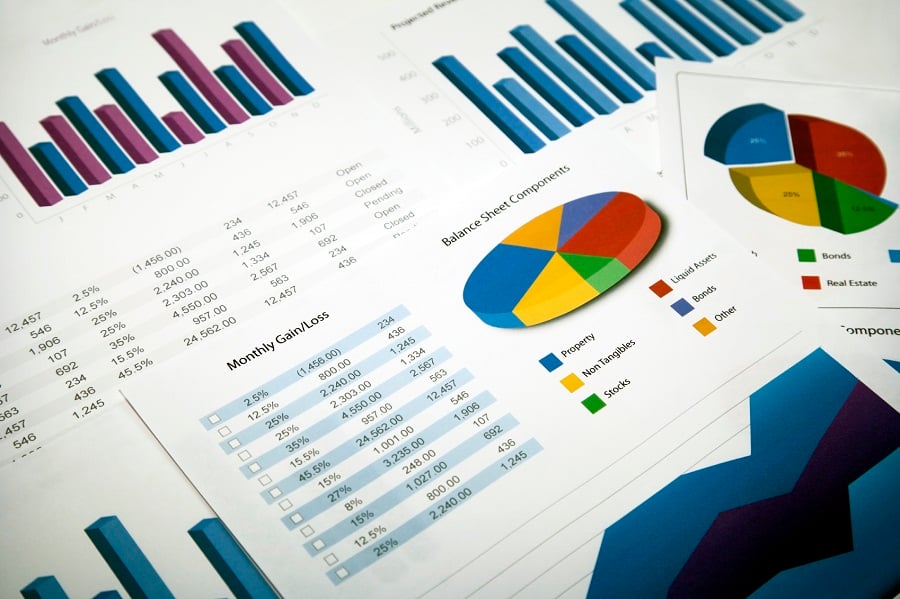Investors bought exchange-traded bond funds in February at the fastest pace in four months, just in time for the biggest market selloff since 2013.
U.S.-listed bond funds grew by $13.7 billion, the most since October, according to data compiled by Bloomberg. Blame oil for the reversal of fortune that caught investors off guard.
(More: 3 big surprises in ETF flows so far in 2015)
Plunging crude prices from July through January suggested there'd be little inflation. Instead it may turn out that cheaper energy costs have the potential to spur consumption because people have more money to spend. And while market participants debate when the Federal Reserve will raise interest rates, almost everyone says it'll happen before Dec. 31.
“I expect yields to go up later this year,” said Kim Youngsung, who helps oversee the equivalent of $13.6 billion as head of overseas investment at South Korea's Government Employees Pension Service in Seoul. “The economic data are pretty good. Inflation will increase, and the Fed will increase interest rates.”
Bloomberg's USD Investment Grade Composite Bond Index dropped 1.2% in February, the biggest monthly loss since June 2013.
Treasuries slid Monday after China cut interest rates over the weekend to bolster economic growth.
The benchmark U.S. 10-year yield rose one basis point, or 0.01 percentage point, to 2.01% at 6:45 a.m. in London, according to Bloomberg Bond Trader data. The 2% note due in February 2025 fell 5/32, or $1.56 per $1,000 face amount, to 99 29/32.
CRUDE'S SLIDE
For a while, tumbling oil prices put any concern about inflation to rest.
(More: Fed Vice Chair Fischer says rate hike most likely June or September)
Crude has fallen 53% in the past year. It snapped its seven-month rout in February with a 3.2% gain. At the same time, data last month showed U.S. wages rose the most in January since 2008, suggesting inflation is poised to accelerate, not slow.
U.S. consumer prices as measured by the Fed's preferred gauge advanced 0.2% in January from a year earlier, according to a Bloomberg News survey of economists before the report Monday. That would be the lowest level since 2009. Separate data will show personal income rose, spending declined and manufacturing was little changed, based on separate surveys.
As March begins, the outlook for inflation is picking up, though from a low level.
Investors anticipate global prices will rise at an average pace of 1.29% a year, according to Bank of America data. The figure has climbed from 0.99 in January, which was the lowest since 2010.
The Fed said it's watching prices, too. Inflation may slow further, policy makers said Jan. 28 after their most recent meeting. It may pick up later as the “transitory effects” of lower energy prices fade and as the labor market improves, according to a statement released after the gathering.
Among 39 economists surveyed by Bloomberg, just three predict the central bank will keep its benchmark rate near zero through year-end.
The best-performing exchange-traded U.S. bond fund last month is one that profits when Treasuries fall, based on the Bloomberg data.
The Barclays Inverse U.S. Treasury Composite ETN, with a symbol of TAPR, walloped its peers with a gain of almost 30% after falling by about the same in January.







